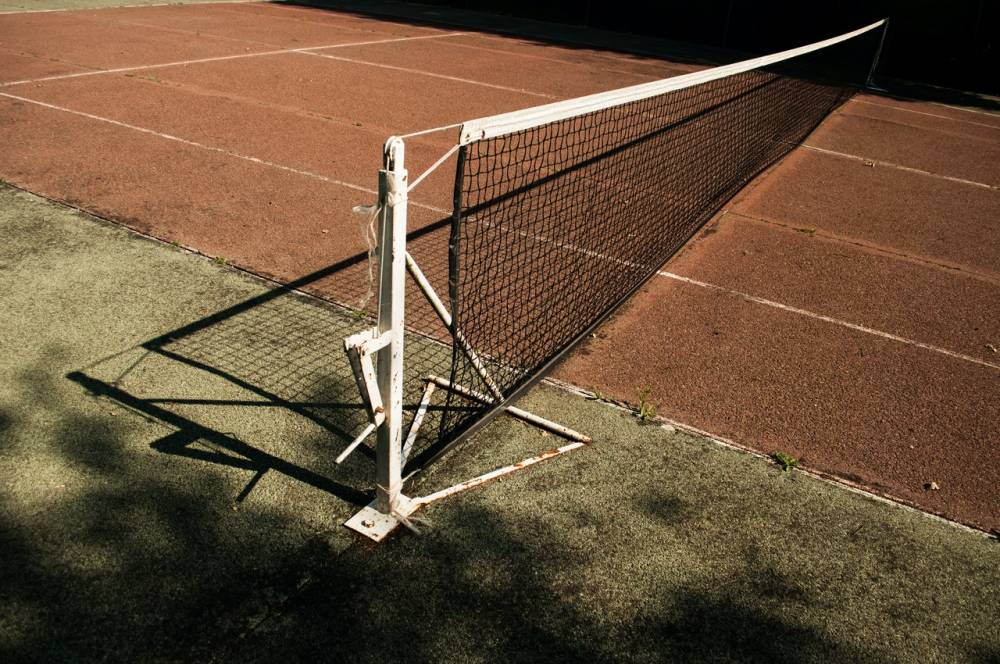
7 Life-Changing Lessons from Mastery by George Leonard

What’s your definition for the word “mastery”? My definition is to become really good at what you do. Your craft can be selling, marketing, drawing, writing, playing tennis, or playing the piano. In today’s era, success means getting rich or getting famous. If that’s your definition of “success”, “success” is not “mastery”. George Leonard’s book “Mastery” is a great book that talks about how to achieve mastery. It’s easily one of the best books I have read about this subject. The following is a list of great lessons I have learnt from the book
1. Mastery is About Having and Trusting a Good Teacher
Being able to find a good teacher or mentor and then trust him or her is the key to mastering anything. If you can find a good teacher that can teach you regularly face-to-face, and then you can trust the teacher enough so you follow all the action and practice plans designed by him or her without any second-guessing, you might have already won half the battle. Finding a good piano teacher, a language teacher and a tennis teacher are some good examples. However, for things like building a business, marketing and selling, it’s not as easy to find good teachers or mentors. In these cases, books are probably your best teachers. They are probably not as effective as private one-to-one teachers as they cannot adjust their teaching according to your ability and your progress. They cannot motivate you while you are slightly falling behind. They cannot design a clear, tailor made action plan for you to follow. They cannot give you pointers when something doesn’t seem right. But guess what, books are your best bet if you can’t find good teachers. And great books can sometimes beat good teachers.
2. Mastery is More About the Process or Practice than the Goal
Most people agree that we need to have a clear and big enough goal. How the path to mastery is different from the path to mediocrity is that the path to mastery requires us to put most of our focus on the practice or the process. Once the goal is defined in a clear way, we should then have an action or practice plan that will likely lead us to the goal. The plan is most ideally designed by a good teacher. Once the plan is present, we should just follow the plan everyday. During the process, we can kind of ignore the big goal while being aware of it. The key is not to question the action or practice plan everyday and not to ask yourself everyday why you are not moving closer to your goal. Maybe asking yourself these questions every month or every half year is a more ideal approach.
3. Be Aware of the Plateaus and Learn to Love Them
Along the way of mastery, you will have many long periods of time where you don’t feel like you are making any progress or you may even feel like you are going backwards. These plateaus are unavoidable. Those who get through the plateaus become the pros; those that don’t become the amateurs. Also, be aware that you have to have action plans or practice plans that you can confidently believe that they are moving you towards your big goal in the long run. As long as you know you are getting better in the long run, you can pretty much view the plateaus as tests that are attempting to eliminate people that don’t truly want mastery.
4. Know that There are 3 Types of People that Fail to Walk the Path of Mastery: “Dabblers”, “Obsessives” & “Hackers”
Be aware that having a goal, an intention to achieve it, and a good start doesn’t mean that you are on the path of mastery. You may be just on the path of trying something new and then prematurely quitting. What’s the difference? To check whether you are on the path of mastery, is it a good idea to see if you are one of the dabblers, the obsessives and the hackers. You will be surprised to see that you fall into one of those categories most of the time. In the book, Leonard mentioned that you can be a dabbler in doing one thing, and obsessive in doing another thing, and a hacker doing another thing. For example, you can be a hacker in playing the piano, a dabbler in playing chess, and a master in running your business. Be aware of whether you are one of the three is a good start to keep yourself on the path of mastery.
5. Are You a “Dabbler”?
The dabblers are those who start things with a lot of enthusiasm. However, once they see plateaus, they quit. They are the ones who buy all the professional gears, tools and clothes when they get started. They are the first ones to quit and they usually have excuses to justify their quitting. They will very soon start learning another thing, buying another batch of professional tools and then quit again.
6. Are You an “Obsessive”?
The obsessives are those who thought they have super strong will power to get results by doing the extra. They make sure they do all they can to follow the action plan or even go faster than the action plan. From the surface, it seems like that’s the path to mastery. However, when they see their plateaus which are unavoidable, they can’t accept that they aren’t making any progress. Very soon, they would quit instead of trying to get through the plateaus. In other words, obsessives are those who try hard when things are easy but don’t actually have the consistency and perseverance to get through plateaus and work hard for a very long time.
7. Are You a “Hacker”?
The hackers are those who take shortcuts to kind of get through plateaus but aren’t true masters. For example, if a person wants to be a master in playing the guitar, he or she would have to practice all the fundamentals, including the seemingly boring chords and scales, very frequently, for a very long time. However, a person may figure out that he can only practice six simple chords, and then he or she can play a lot of songs, and then he or she can act like they are good at guitar in front of their friends. That’s a hacker. There are lots of hackers at work if you look around. Those that can barely do the job when things are smooth, and fail to do the job when it takes thinking and adjustment due to lack of fundamental skills are probably hackers.
Conclusion
If I have to put the biggest lesson in this book in a few words, it is to “love the plateau”. We have to trust the practice and the process. There will be times when it seems like something is moving forward, or even moving backward. If we know that there are always plateaus in the path of mastery, we can say to ourselves, “here is another plateau and I can get better if I can stick to the process.” Having said that, we have to have a clear goal and a good plan (the plan is ideally designed by a trustable teacher) so we know the process or the practice will eventually move us forward. Angela Duckworth’s book “Grit” is a book that touches on this subject and that I highly recommend. In her book, she says “grit” is the biggest factor for “success” besides things that we can’t control such as luck. She defines “grit” as working hard towards a big and clear goal for a very long time. “To be gritty is to fall down seven times, and rise eight.”













